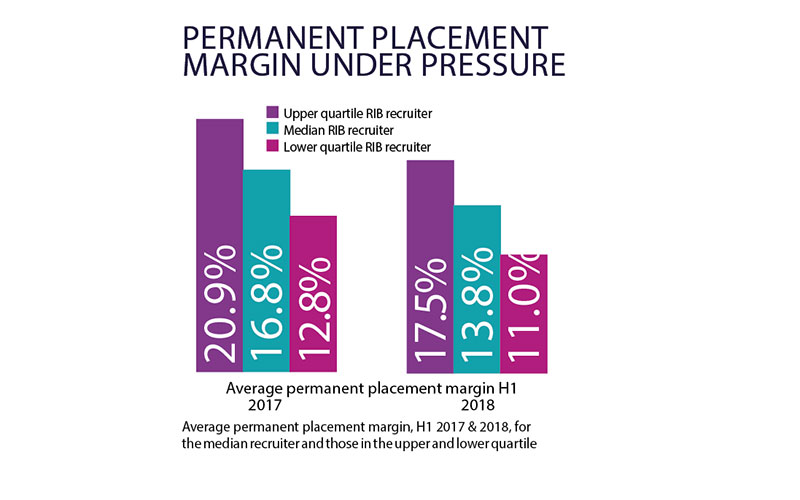The Intelligence November

At time of writing, we are still awaiting the release of the government’s long-awaited Immigration white paper.
However, what has been published is the final report on EEA migration into the UK from the Migration Advisory Committee (MAC), an independent public advisory body. The report was commissioned by the Home Office to better understand EEA migration into the UK and inform post-Brexit immigration policy.
Whilst acknowledging that UK-EU immigration may form part of Brexit negotiations, the report sets out an immigration system that would apply to immigrants from both Europe and the rest of the world. This would mark a significant break from the present system where EEA citizens are covered by freedom of movement. The overarching rationale of the proposed unified system is to make higher-skilled immigration easier and lower-skilled immigration more difficult from all parts of the world.
At present, the ‘Tier 2 (General)’ visa (T2 visa) is the main route for high-skilled immigration into the UK, with up to 20,700 T2 visas granted annually. The MAC proposes using a significantly modified and expanded T2 visa as a template for future high-skilled and also medium-skilled immigration.
Firstly, the MAC proposes removing the annual cap on T2 visas, allowing all who meet the criteria to qualify. Secondly, the MAC proposes lowering the qualification level required to apply for a T2 visa from National Qualification Framework Level 6 (ie. bachelor’s degree or equivalent) to NQF Level 3 (ie. A level or equivalent). Thirdly, the MAC proposes removing the resident labour market test, a requirement for most skilled vacancies that they are advertised for 28 days in the UK first to ensure settled workers have the first opportunity to fill any vacancy. The MAC proposes retaining the current T2 salary threshold (£30,000) and Immigration Skills Charge on employers (up to £1,000 per migrant employee) as ways of protecting against the potential for (or perception of) undercutting of wages.
Whereas the report proposes expanding and liberalising the T2 system, the proposals would largely cut off the current supply of EEA workers into low-skill roles. The MAC leaves open two potential routes for low-skill immigration: a Seasonal Agricultural Workers Scheme and an extension of the Tier 5 Youth Mobility Scheme (which allows 18-30-year-olds from certain countries to come to the UK for a two-year period). However, these are highly unlikely to provide the necessary pool of labour currently required by a wide range of industries. The government should ensure that there is still a route for immigration into the UK for such roles in the years following Brexit to enable businesses to continue growing and thriving.

The latest real-time information from the RIB Index shows that average permanent placement margins were lower in H1 2018 than those achieved a year earlier. For the median RIB recruiter, the average margin across H1 2018 (13.8%) was 3 percentage points lower than in H1 2017 (16.8%).
This margin pressure similarly affected recruiters at the higher and lower end of the performance spectrum, however. For RIB recruiters in the upper quartile, the average margin dropped by 3.4 percentage points, year-on-year, to 17.5%, whilst there was a 1.8 percentage point fall in the average margin (to 11%) for those in the lower quartile.
With employer demand for support from recruitment agency partners increasing, recruiters are able to offset some of the reduced yield per placement through increased volumes and/or making placements higher up the salary spectrum.
Belinda Johnson runs employment research consultancy Worklab, and is associate knowledge & insight director of Recruitment Industry Benchmarking (RIB) – part of the Bluestones Group. The RIB Index provides bespoke confidential reports on industry benchmarks and trends. See www.ribindex.com; [email protected]:
020 8544 9807. The RIB is a strategic partner of the REC.
